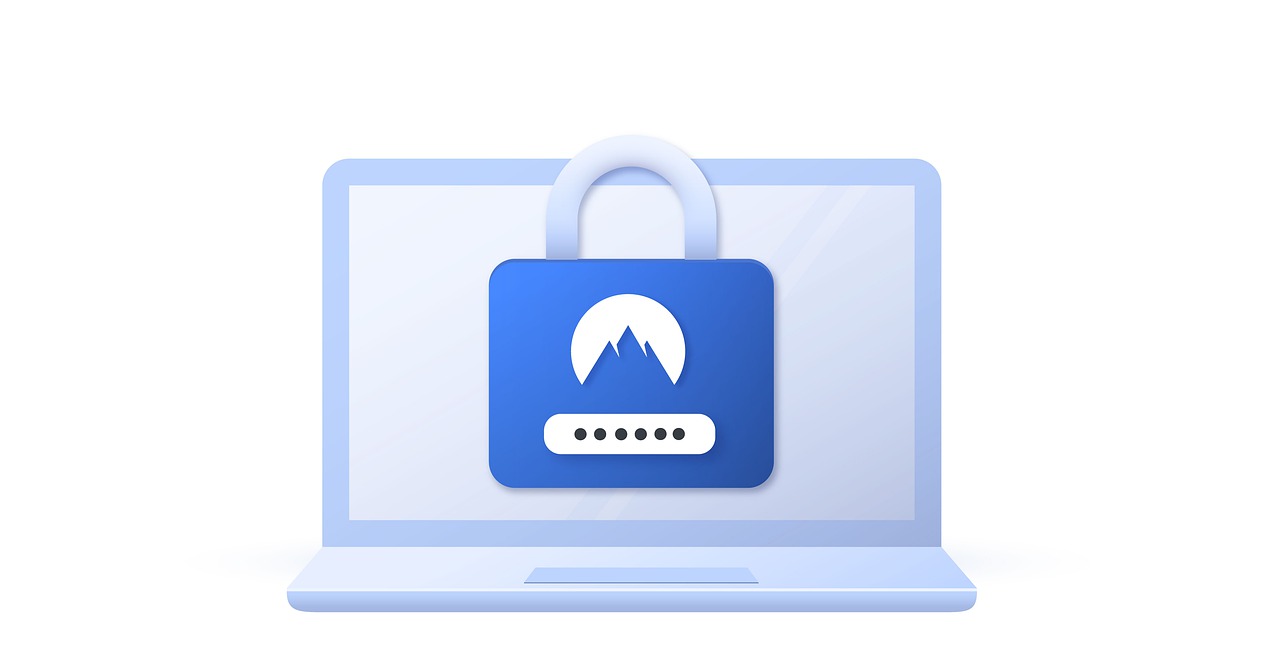In today's digital age, more and more people are relying on Virtual Private Network to protect their privacy and data security. However, sometimes using a VPN can involve slow or unstable connections. This not only affects the smooth running of online activities, but may also degrade the quality of streaming media playback and file transfers. In order to provide a better user experience, we will share some key tips and strategies to help you optimize the performance of your VPN to improve speed and stability.

I. Understanding VPN performance issues
Virtual Private Networks (VPN) play an important role in protecting user privacy and data security. However, some users may face problems with slow and unstable VPN connections. These issues can negatively affect online activities, streaming, file transfers, etc. In this article, we will share some key tips and strategies that will help you optimize the performance of your VPN to improve speed and stability.
II. How to improve VPN speed and stability
1. Choose the right server
VPN service providers usually offer multiple server options for users to choose from. When choosing a server, the following factors should be considered:
l Geographic location: Choosing a server that is closer to your physical location can reduce latency and increase speed.
l Server load: Choosing a server with a lower load can provide a more stable connection.
2. Choose unlimited bandwidth
Bandwidth is one of the key factors in the speed of a VPN connection. Some VPN service providers offer the option of unlimited bandwidth, which means you can enjoy faster speeds and a more stable connection without worrying about traffic limits.
3. Turn off extraneous features and options
Some VPN clients may include extra features and options such as firewalls, ad blockers, etc. If you don't need them, turn them off. If you don't need these features, turning them off can lighten the load and improve speed and stability.
4. Regularly update your VPN client and device
It's important to keep your VPN client and device up-to-date. Updates usually include security patches and performance optimizations that can resolve some connection issues and improve overall performance.
5. Optimize network settings
Your network settings can also have an impact on the speed and stability of your VPN connection. Here are some suggestions for optimizing your network settings:
l Use a wired connection: Wired connections are usually more stable and faster than Wi-Fi connections.
l Avoid congested network hours: Avoid using the VPN during congested network hours as this can affect the quality of the connection.
l Close other bandwidth-hogging apps: Closing other apps that consume a lot of bandwidth can free up more resources for the VPN connection.
6. Choose a Reliable VPN Service Provider
Choosing a reliable VPN service provider is the key to guaranteed performance. Make sure the provider you choose has stable servers and fast connection speeds. Also, check the privacy policy of the service provider to make sure they don't log user data.
Summarize:
By choosing the right servers, using fast protocols and encryption, turning off extraneous features, regularly updating your clients and devices, optimizing your network settings, and choosing a reliable VPN service provider, you can optimize the performance of your VPN for speed and stability. Whether you are accessing remote resources at work or enjoying streaming content, optimizing the performance of your VPN will provide you with a better online experience. Remember that different network environments and individual needs may require different optimization strategies, so choose the method that applies to your specific situation.
 Електронна пошта
Електронна пошта